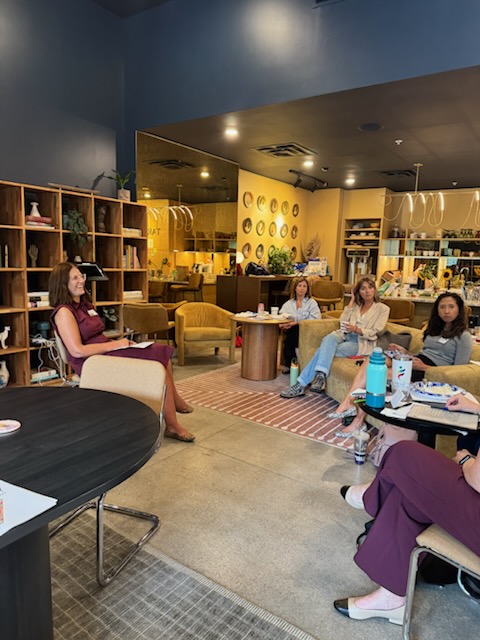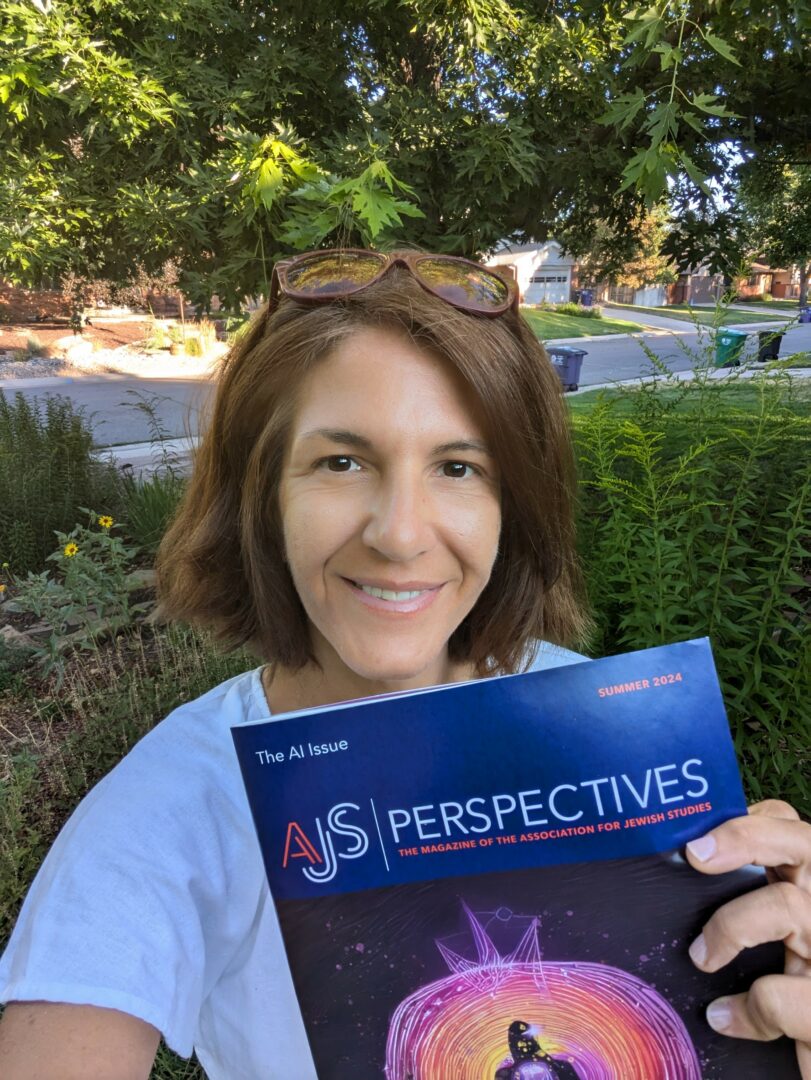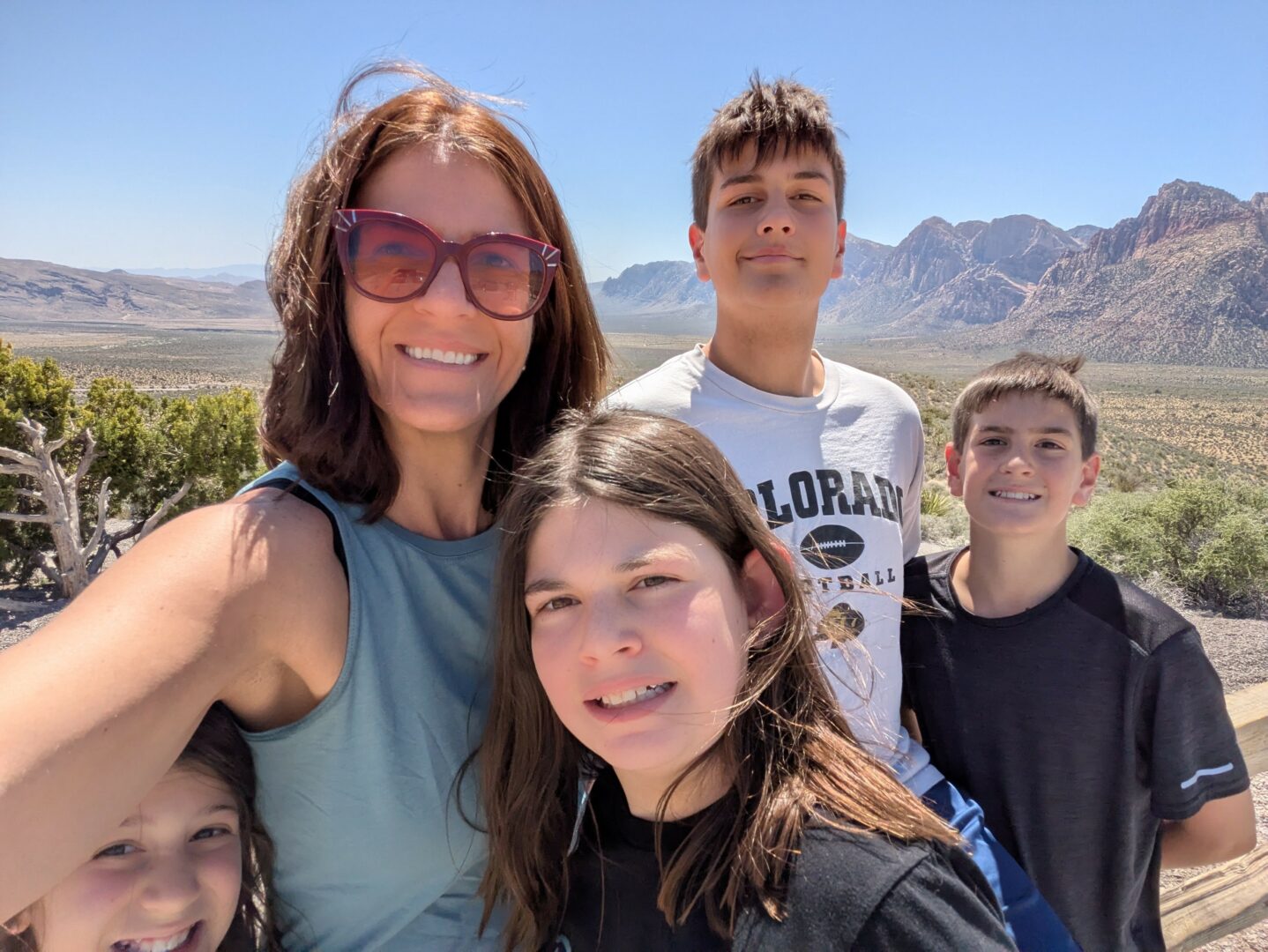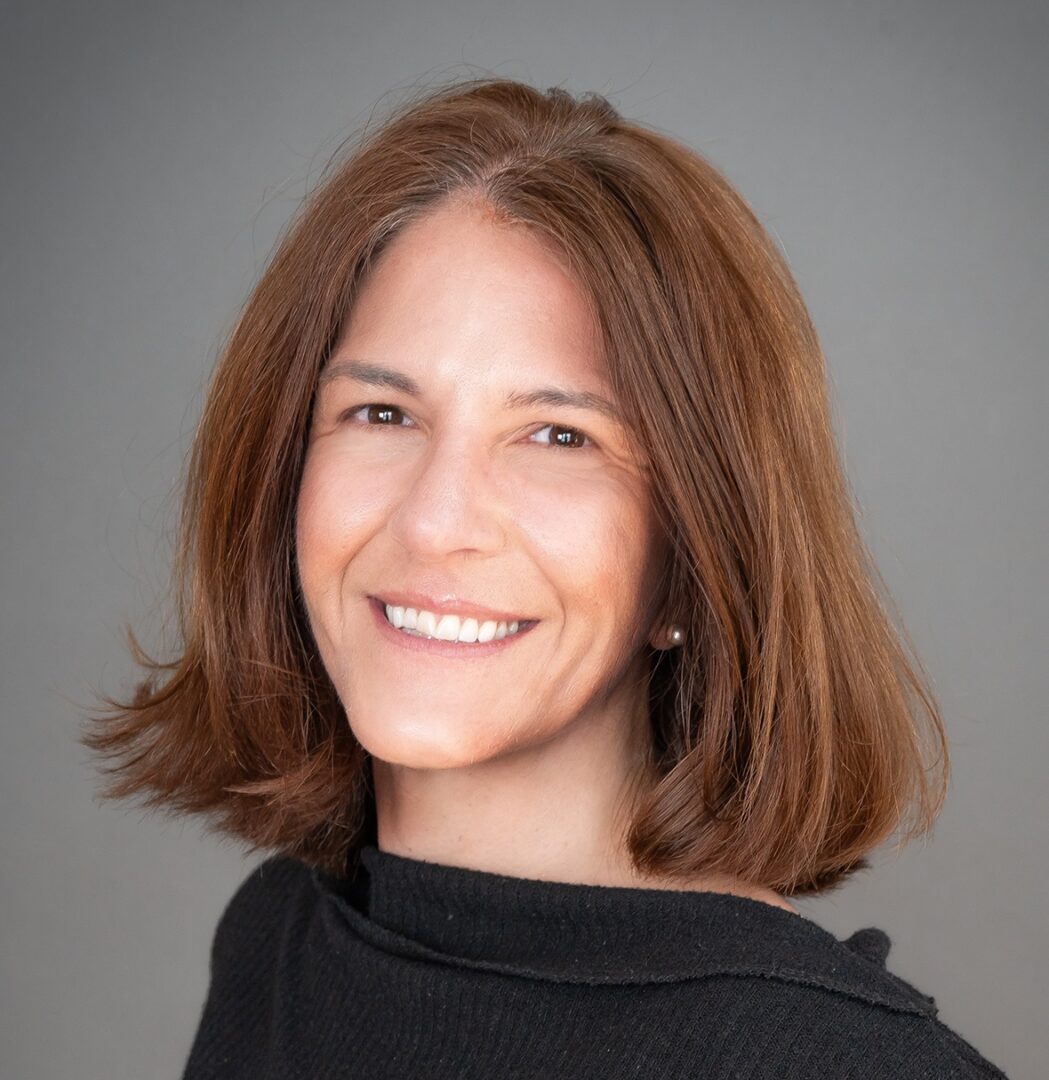We’re looking forward to introducing you to Dr. Sarah Rubinson Levy. Check out our conversation below.
Hi Sarah, thank you so much for taking time out of your busy day to share your story, experiences and insights with our readers. Let’s jump right in with an interesting one: What do the first 90 minutes of your day look like?
I am incredibly protective of the first 90 minutes of my day because, often, it’s the only time that’s really mine.
I wake up early (4:45 am). I am a morning person and always have been. I enjoy the quiet potential and have the most energy and clarity in the morning.
I go for a walk around my neighborhood (often in the dark). I used to listen to a podcast or something else to get into the right mindset, but I’ve shifted to just being present and listening to myself.
Three days a week I go to the gym and do progressive weight training. The other days I engage in a journaling protocol.
Then I look at my day and think through my schedule and my priority actions.
Then, and only then, I check my phone. I get a couple of daily newsletter that fill me in on the top news stories. I read those first. Then I look at urgent emails and any notifications. And adjust my plan for the day accordingly.
And then I get in the shower and boil hot water for my morning tea.
I’m pretty rigid about my morning routine and find that it really sets me up for success with the rest of my day. I feel off the whole day if I don’t follow it.
Can you briefly introduce yourself and share what makes you or your brand unique?
I studied business in college and started my career in public relations at Neiman Marcus. At the same time, I took a part-time role as youth director at a synagogue because I loved working with kids. It didn’t take long for me to realize my heart wasn’t in selling $5,000 jackets—but every moment with teenagers felt like I was changing the world.
That part-time role became my passion for five years, and I used my business background to build the program into one of the strongest in the country, impacting over 100 kids a year. Wanting to have an even bigger impact, I earned a master’s and doctorate in education and spent the next 20 years gaining experience as a teacher, program director, and administrator.
Throughout my career, I’ve felt the bar for education isn’t where it needs to be. We have an incredible responsibility to prepare the next generation, and doing right by students should always drive us.
A few years ago, I became the founding head of a small private school in Denver, building a school focused on academic and social-emotional growth, hands-on learning, and personalized education. One memorable unit involved hatching chickens and building a chicken coop. And then, one dreary winter day, a hawk attacked one of our chickens.
Suddenly, my day shifted from leading curriculum to literally collecting chicken guts and organizing a chicken funeral—alone, in the freezing mud, stomping my glasses in the process. In that moment, I realized: none of us became educators to plan chicken funerals, literally or figuratively.
Being an educational leader requires infinite bandwidth, energy, patience, and experience. Even when we do the impossible, there are staffing shortages, unexpected crises, and the proverbial “chicken funeral.” Often, there’s not enough support, and the important gets pushed aside for the urgent.
That’s when I realized I could make a huge impact by helping close that gap—serving as a thought partner, project manager, and extra team member schools often can’t afford. I help educational leaders elevate their in-house teams, clarify goals, and achieve the level of excellence they want for their schools and students—without losing sight of what matters most.
Great, so let’s dive into your journey a bit more. What part of you has served its purpose and must now be released?
For most of my life, I had a vision of the person I was supposed to be, largely guided by the (sometimes negative) feedback of others.
While some of it was helpful — encouraging me to earn both a master’s and a doctorate and instilling the idea that I could do anything if I worked hard enough, for example — not all of it has been helpful.
I have spent a lot of my life thinking I was “too much.” Too loud. Too direct. Too opinionated. Too high of standards. As if it was a bad thing that needed to be fixed. As if that’s not aligned with the person I’m supposed to be.
Turns out, though, that I am loud and direct and opinionated. And I have high standards for myself. And that means that I am not for everyone — and that’s okay.
That part of me, the part striving to be that person that people have told me I should be, has served me well and gotten me this far. And I am really excited for what’s next — the part where I get to decide the person I am supposed to be and work every day to be a better version of that person.
When did you stop hiding your pain and start using it as power?
I vividly remember one afternoon in 5th grade when my mom was late picking me up, and it was just me and another boy from my class, waiting for our parents.
His name was Jason, and I didn’t know him well, but I was bored and starting talking to him about how I’d had a rough day.
I’ll always remember Jason’s response, “I didn’t know you had rough days. You’re always happy.”
I didn’t know what to make of that.
Was I always happy?
Did I have rough days? Was I allowed to have rough days?
Was I just really good at hiding my pain so that I could be the person others wanted me to be?
I think about that day a lot — thinking both about how I was feeling and how I was being perceived, and here are some pieces I’ve learned and taken with me:
– It’s okay and healthy and good to feel and show emotions, but not to dwell in them or be victimized by them.
– Sometimes emotions feel like they have all of the power, but we have the true power in our responses and actions.
– Pain isn’t bad; it’s a signal. And we need to figure out what it’s a signal for and what to do with it.
I’ve come a long way since 5th grade Sarah, but I still don’t pretend to have this all mastered. I”m just a lot more aware.
Alright, so if you are open to it, let’s explore some philosophical questions that touch on your values and worldview. Is the public version of you the real you?
Now? Yes.
I went through a lot of transition a few years ago, and one of the commitments I made to myself coming out of that was authenticity — personally and professionally.
I include a page with my core values with all of my proposals, and here is what is says about authenticity: “I believe that showing up each day with a balance of courage and vulnerability enables an honest, safe environment where everyone can be their best true selves.”
I hold to that in my social media posts, the way I talk with people, and the work that I do.
I’m very honest with people when something is going on that means I’m not at my best, and I think sharing my struggles makes me more real.
Okay, so let’s keep going with one more question that means a lot to us: What is the story you hope people tell about you when you’re gone?
I have four kids, and I sometimes think about what I hope they’ll say about me at my funeral.
I hope they talk about our spontaneous 90s dance parties and how I loved nothing more than a family walk.
I hope they talk about the fun things we did together from exploring California to going to see shows to baking a special cake.
I hope they talk about how I woke them up and put them to bed and cherished those special moments.
The same goes for the people with whom I work.
I hope they talk about how I genuinely listened and cared about them and the work.
I hope they talk about how I always had a book suggestion for any situation.
I hope they talk about the little notes I would send just because I saw them as people.
I have been a parent for over 15 years and have spent decades dedicated to the field of education. And while I hope people remember me for the big things — being a good mom or making an impact — I hope people tell stories about the little things that show my authenticity.
Contact Info:
- Website: https://www.sarahrubinsoncc.com/
- Linkedin: https://www.linkedin.com/in/sarah-rubinson/
- Facebook: https://www.facebook.com/profile.php?id=100086883803467



so if you or someone you know deserves recognition please let us know here.




